
Subscribe to our newsletter!
We don't spam. You will only receive relevant and important tips for you and your business.
Unsubscribe anytime.
By Ryan Boog
Congratulations, you're about to embark on getting a new website! This is a crucial time for your business which makes this a big decision. If there's one thing you've got to get right, it is choosing your website development agency. If you choose the wrong one, you could miss the boat completely.
However, there aren’t any good guides for people to use for choosing their website agency. And any guides that are out there could be filled with biased information or just be "salesy" in general. What you’re going to find in this blog post is information that we have collected from our clients on us, their previous developers, and what their experiences have been like.

When you’re doing a website project with a company there are two basic components to look at: The project and the company. And for each component, there are four crucial questions to get answered.
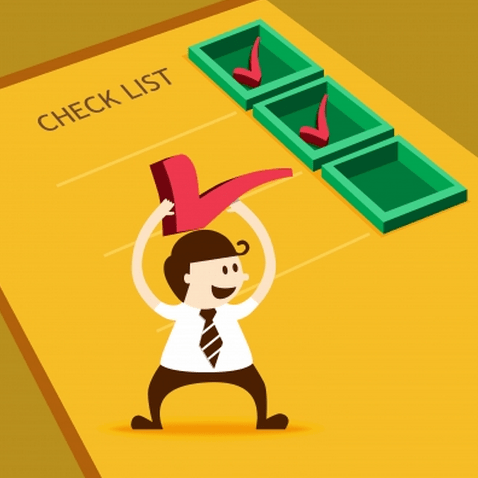
Unfortunately, the cost is the most important factor for almost every client we’ve talked to in the last five years. I say unfortunately because there are so many other important things to consider.
Now, this doesn't mean that you should throw the cost out the window.
We’ve seen many agencies mark their prices up to extraordinarily high numbers, even when they aren't writing half of the code themselves. An agency that writes its own code is most likely talented, experienced, and giving you the best product possible. Coding the website is the most costly part of any project because creating quality custom code takes time.
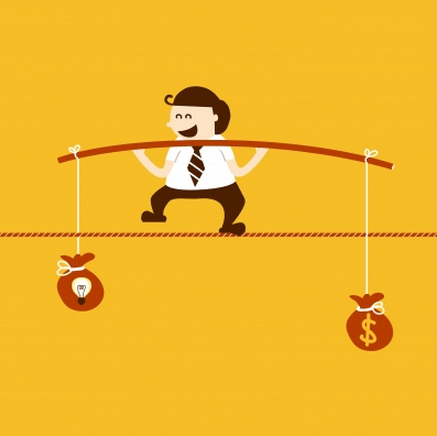
Paying $50,000 for a website that doesn’t do much dynamically isn’t unheard of, but there better be more involved than just creating a website and putting it online for that kind of price tag. For example, a price tag that high should include copywriting, user testing, conversion testing, etc.
If you get a really low bid that typically means either the agency is starving for work, which isn’t a good sign, or that they will use some shortcut methods to complete your project. Low price tags can be beneficial, but they often are an indicator that something may be amiss.
Make sure that you're not getting ripped off by a company that asks for a big chunk of change but doesn’t promise a dynamic, high-functioning site.
Make sure that you are getting great value and performance for your site.
Of course, you don't want this project to bankrupt your business. But, investing in a strong digital presence with the right agency can pay off big time … I mean BIG TIME!
 Asking this question matters. It can reveal whether an agency is the real deal or just putting up a front. Some agencies take shortcuts when building websites. Instead of creating solutions tailored to your business, they lean heavily on templates or premade software to speed things up. A capable agency should be able to design and build without falling back on one-size-fits-all tools.
Asking this question matters. It can reveal whether an agency is the real deal or just putting up a front. Some agencies take shortcuts when building websites. Instead of creating solutions tailored to your business, they lean heavily on templates or premade software to speed things up. A capable agency should be able to design and build without falling back on one-size-fits-all tools.
That said, there are times when using an existing solution makes sense. Budget is the most common reason. For example, you could pay for a custom catalog system, or you could use software that’s already been built. The second option is usually far less expensive.
But, if your company is healthy enough to have at least a few thousand dollars to invest in the design and development phase of your project, shouldn't the agency be able to competently take your company and its vision to custom-create a layout and design? Yes. They most definitely should.
It’s also worth considering the future. Imagine your budget grows and you want to add a custom feature, like a portal or specialized widget. Will this agency be able to build it in-house, or will they hit a wall? The answer tells you a lot about whether they’re the right long-term partner.
Yes, some prewritten software can actually be a great thing to implement on your website. But we've seen instances where agencies were leaning on it too much and as a result, don’t offer the flexibility or the customization that the client needed.
To be fair and transparent, we started our business out by really leaning on one CMS because it was the only thing we knew. It took four to five years of seminars, weekly research, and on-the-job experience for us to get comfortable with any CMS. The best solution for you and the best solution for the agency aren’t mutually exclusive. Make sure the agency can accommodate you.
Make sure that your agency doesn't always lean on one piece of software or use a templated design all of the time. And, your website solutions provider should provide the best solution for you, not them.
Let's face it. On any large project these days a small amount of scope creep will make its way in.
What’s scope creep? Scope creep refers to the surprise changes or extra work that may be added to a project’s scope.
The real question is how will the agency mitigate this facet of the project?

The answer is through discovery and defining things clearly. How thorough is the discovery phase of your project? Discovery is crucial for making sure that everyone is on the same page for the project. If you see the discovery phase as being a few emails with you and the potential agency, there is an issue.
Your discovery phase should include kickoff meetings, shareholder meetings, going over customer data and personas, sitemaps, art direction, user scenarios, and more.
Make sure that the agency is dedicated to getting the project right away and through any means necessary, and make sure the discovery process is comprehensive.
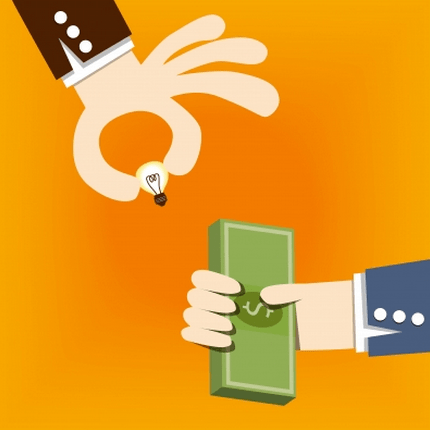
This is something that really isn't discussed often, or at least as often as it should be. If you’re ready to invest tens of thousands of dollars into your next website development project, but you don't know if you're even going to legally own it when it’s completed, you have some things to think about. This is what’s called intellectual property.
The first thing that I want to make very clear is that I am not a legal expert, I have a legal team for that. But I can give some sound advice, albeit brief, about intellectual property and your website.
One thing to look for in your website project is licensing.
As referenced in the section above, if your project requires pre-made or prewritten software, chances are you can't legally own that portion of your website or your entire website. It would probably require using it on an open-source model, which typically is licensed under a GPL license. If you are using a content management system, such as WordPress or Grav, you are not going to be able to own that code. You can use it, but you can't own it.
However, if you have a custom solution built for you, and it is licensed in a way that passes intellectual property ownership directly to you upon completion, then you will own the project once the intellectual property and copyright pass, and your investment will be a direct investment right back into your company. These custom solutions typically have a little bit higher price tag, but direct ownership is one of the greatest benefits of getting a custom solution built just for you.
To sum it all up: Make sure that you and your agency are clear on who gets to own what, after the project is completed.

The Internet is fast-moving and it requires skill to keep up. A young website agency that can keep up with everything and perform at a high level is the exception, not the rule.
To clarify, when I say “young”, I'm saying 3 years or younger in existence. The reason that I chose 3 as the magical number is that it takes a few years of solid experience to learn how to interact with clients, how to handle complex projects, how to handle scope and scope creep, legal portions of website development, marketing trends and analysis, SEO, and more.
There are just so many things to learn that it really is the exception, not the rule for an agency three years or younger to be exceptional at developing a high-end custom website.
So one of the first things you should find out is when the web agency became an S corp or LLC. We've seen agencies try to hide their experience with a person's freelance background to make it look like they were more experienced than they really were.
Try to get a sense of experience that the company has so that you can feel more comfortable with what is very delicate to you, your website development project.
To sum up the experience factor, just ask the question because it's very important. An experienced web firm can give you that “Oooh. Aaah.” feeling in your stomach. And who doesn't like that feeling before you start a project?
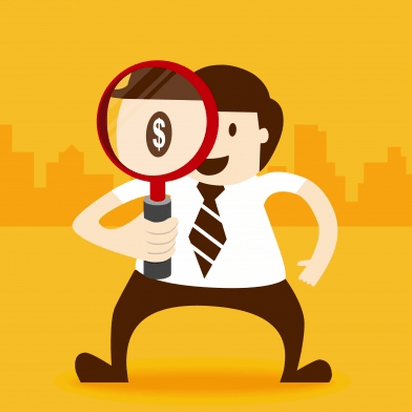
This is another area of website development projects that doesn't get talked about as much. But it is very important, just ask anyone who has been burned by an agency before.
An agency that has insurance on the work offers you two things.
The first one is obvious--their work is insured. It’s insured typically through Errors and Omissions insurance. The agency should have at least $500,000 dollars of coverage for errors and omission insurance. That way, if they really screw something up for you and you lose a lot of money because of it, they have the means to cover you legally because of their insurance.
The other thing insurance offers you is not directly said at all. Any agency that invests in insurance shows you subtly that they care about having things done properly and being a sound and legit firm. Nobody would or should drive their car without insurance, so why would a business owner run a business without some form of insurance on his or her work?
All that said, the bottom line is that this is a good question to ask and it also gives you peace of mind when you get the right answer.

This is a biggie. This can help you in so many ways while weeding out some of those smoke and mirrors agencies I mentioned earlier. I'm going to show you the two angles of addressing references:
You can get this information directly from the agency’s website. If the agency has satisfied customers they will usually have a customer reviews or testimonials section on their site. Look at the quality of the reference and also look at the relationship of the reference with the agency. You earn bonus points if you find references from clients who are in similar industries as yours. You earn even more bonus points if the reference is specific, well thought out, and most definitely not influenced by the agency and original.
Look for legitimate negative reviews. Now, you should not let one negative review for an agency that has had hundreds of clients swing you in one direction or another but do look out for the red flags. Consistent patterns in awful reviews are a bad thing.
In addition, do some research on the CEO of the company. Try to see if there have been any complaints about that person. If you see a common thread with negative reviews, such as missed deadlines, a long time to respond, poor quality, or bugs in the project, they’re probably a lousy company. A good place to see how they run their business is Glassdoor. Doing a bit of Googling could save you potentially lots of headaches in the future.
All in all, make sure that you look at the obvious parts first. Look on the company's website for testimonials and products that they have worked on. Also, do a little digging for yourself besides having the company spoon-feed you a few of their favorite clients. Lastly, check that there is nothing bad being said about that company. Hearing what other clients say about an agency is a great predictor of how your potential outcome may be with that company.
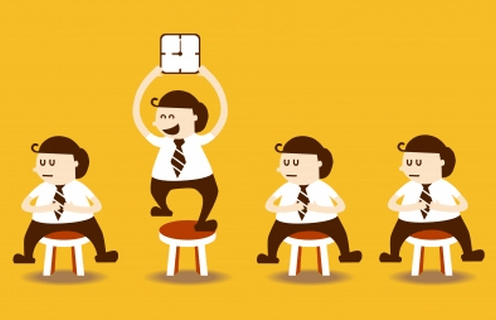
This is a question you specifically want to ask if the agency is inexperienced or has a smaller staff. When I say smaller staff I mean three people or less. Why should you know who will be working on your project? Let me explain:
When a new project is on the table, you need to know exactly who will be handling the work and what their roles are. This isn’t just a formality, it helps you spot agencies that look bigger than they really are. Some firms present themselves as full-service powerhouses but quietly send most of the work overseas to third-party vendors. The results often suffer, and you may not realize it until you’re too far in.
It’s reasonable to ask who you’ll be working with day to day. Knowing the names and responsibilities of the team builds trust. You can even do some digging yourself. If you discover the same person is juggling design, coding, and writing, that’s a red flag. A true specialist in each area will nearly always deliver stronger results than a generalist trying to cover everything.
Transparency is another sign of a solid agency. A partner that introduces their staff and openly explains how the work is managed makes you feel like part of their team. That level of openness also shows they respect your role in the process.
Ideally, the agency keeps its work in-house. The only time outsourcing makes sense is if it clearly benefits your project and you’ve been told upfront. Asking this question early ensures honesty, helps set expectations, and confirms you’re joining forces with a team that wants to work alongside you—not hide behind subcontractors.

It's not just us, you can ask almost any web development agency, and they will give you story after story about someone who made a decision to go with somebody that was subpar and ultimately it affected their business.
The goal of this post was to give you the tools you need to choose the right web development firm for your business--beyond looking at the price or how good the company appears to be on the surface.
This is a pretty thorough post, but I would love to hear what you have to say about this topic. Do you have any other pointers for people when choosing a web development agency? Do any of these points hit home for you?
If you'd like Hoist to put their money where their mouth is, connect with us; you now have eight questions to get the conversation started.